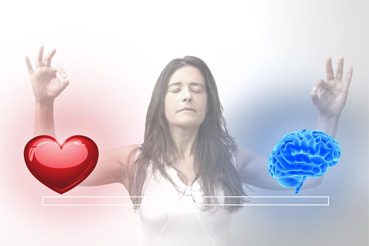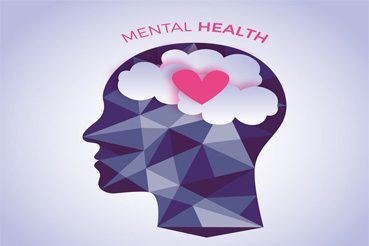Exercise as Medicine: How Physical Activity Impacts Your Health
Introduction Exercise as Medicine
In a world where pills and prescriptions often dominate our approach to health, it’s easy to overlook one of the most potent medicines available to us: exercise. The link between physical activity and overall well-being is undeniable. In this comprehensive article, we’ll delve deep into the profound impact of exercise on your health. We’ll explore not only the physical benefits but also the mental and emotional advantages of staying active. By the end, you’ll understand why exercise truly is a medicine that can transform your life.
1. The Physical Benefits of Exercise
Physical activity offers a plethora of benefits that can significantly enhance your overall health. Let’s break down some of the most remarkable advantages:
a. Weight Management
Exercise helps you maintain a healthy weight by burning calories and building lean muscle mass. It’s a powerful tool in both weight loss and weight maintenance.
b. Cardiovascular Health
Regular physical activity strengthens your heart, lowers blood pressure, and reduces the risk of heart disease. It also improves circulation and lowers bad cholesterol levels.
c. Stronger Bones and Muscles
Weight-bearing exercises, like resistance training and weightlifting, promote bone density and muscle strength. This can reduce the risk of osteoporosis and fractures.
d. Improved Flexibility and Balance
Engaging in activities like yoga and Pilates can enhance flexibility and balance, reducing the likelihood of falls and injuries, particularly as you age.
2. The Mental Health Connection
Exercise doesn’t just benefit your body; it also has a profound impact on your mental well-being. Let’s explore the mental health benefits of staying active:
a. Stress Reduction
Physical activity triggers the release of endorphins, which are natural mood lifters. This can help reduce stress and anxiety levels.
b. Enhanced Cognitive Function
Regular exercise is associated with improved memory, increased creativity, and better problem-solving skills. It can also reduce the risk of cognitive decline as you age.
c. Better Sleep
Exercising regularly can lead to more restful sleep, helping you wake up feeling refreshed and ready to tackle the day.
3. Emotional Well-being
In addition to its physical and mental benefits, exercise can significantly impact your emotional well-being:
a. Boosted Self-esteem
Achieving fitness goals and feeling more confident in your body can lead to increased self-esteem and a more positive self-image.
b. Social Connection
Participating in group activities or team sports fosters social interaction, reducing feelings of loneliness and promoting a sense of belonging.
c. Increased Happiness
Regular exercise can lead to increased feelings of happiness and overall life satisfaction. It’s a natural mood enhancer.
4. Exercise as a Preventive Measure
Exercise serves as a powerful preventive measure against various chronic diseases, including:
a. Type 2 Diabetes
Physical activity helps regulate blood sugar levels and improves insulin sensitivity, reducing the risk of type 2 diabetes.
b. Cancer
Regular exercise has been linked to a lower risk of certain cancers, such as breast and colon cancer.
c. Stroke
Maintaining cardiovascular health through exercise lowers the risk of stroke.
5. How to Incorporate Exercise into Your Life
Now that we’ve explored the many ways exercise can benefit your health, it’s crucial to understand how to incorporate it into your daily routine. Here are some practical tips:
a. Find an Activity You Enjoy
Choose an activity you genuinely enjoy, whether it’s dancing, hiking, swimming, or playing a sport. This will make it easier to stay motivated.
b. Set Realistic Goals
Start with achievable goals and gradually increase the intensity and duration of your workouts.
c. Make it a Habit
Consistency is key. Schedule your workouts and treat them like important appointments.
d. Mix It Up
Vary your exercise routine to prevent boredom and engage different muscle groups.
e. Listen to Your Body
Pay attention to your body’s signals. Rest when needed, and don’t push yourself too hard, especially if you’re just starting.
Conclusion
Exercise is indeed a powerful medicine that can positively transform your life. From physical fitness to mental well-being and emotional health, the benefits of regular physical activity are profound. So, take the first step, find an activity you love, and make exercise a part of your daily routine. Your body and mind will thank you, and you’ll discover the incredible healing power of exercise as medicine.





